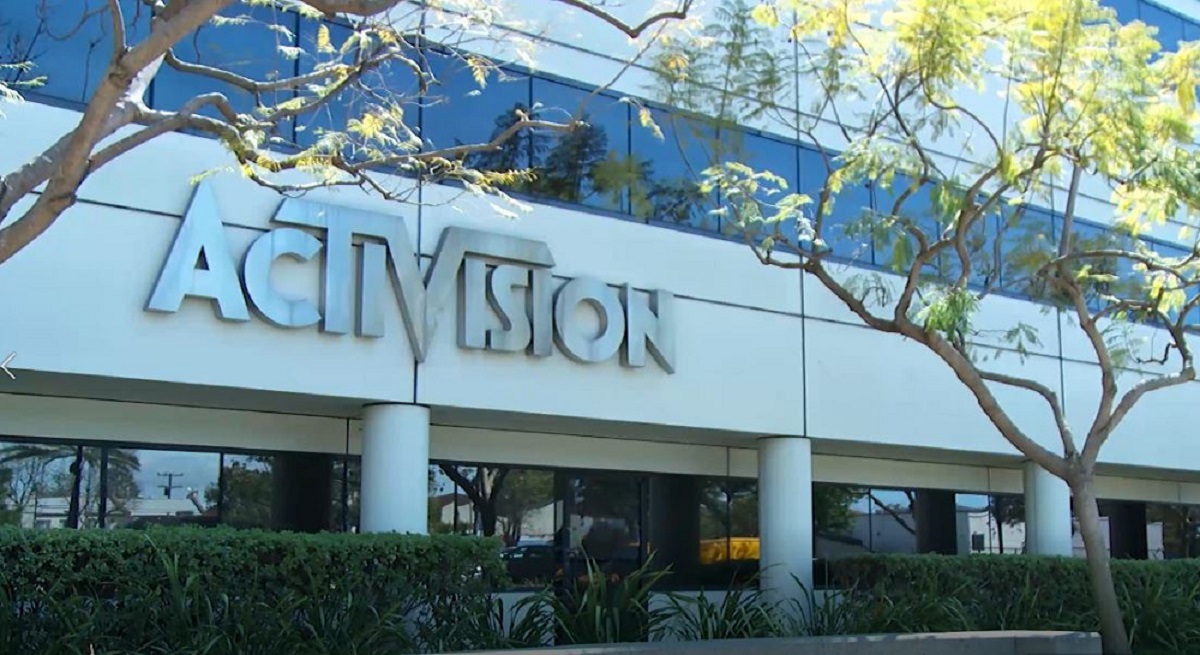When the coronavirus pandemic hit, Activision Blizzard CEO Bobby Kotick took responsibility for the safety of his company’s 10,000 employees. He gave them all his mobile phone number and went to work securing help.
One of the people who took him up on that was Amy Tekell, a veteran esports broadcast associate producer at Blizzard Entertainment, who has suffered from COVID-19 for several months now. She hasn’t had to pay any of the costs for her care, which includes house calls from doctors and full coronavirus treatments.

Unlock premium content and VIP community perks with GB M A X!
Join now to enjoy our free and premium membership perks.
![]()

![]()